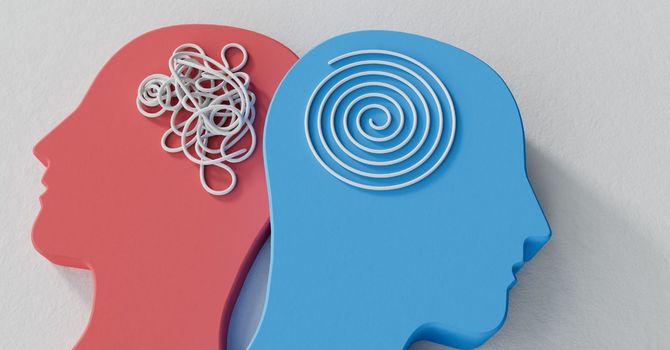This is the final entry in my series of newsletter articles regarding Martin Seligman’s PERMA theory of resilience and mental health. In previous entries, I discussed ways to foster positive emotion, actively engage with life, and how to expand and deepen relationships. The final article will review ways to cultivate meaning and the importance of reflecting on accomplishments. As well, Seligman’s original model has been expanded to include another component of mental health: vitality. This component bridges the connection between body and mind for one cannot be truly healthy without both components.
Meaning
If I knew and was going to share how to discover the meaning of life, I’d probably do it with a little more fanfare than this (and for much more money). Obviously, I don’t know the meaning of life, but there are ways to build a feeling that you live a meaningful existence. One of the ways is to shift attention from the internal to the external and become involved in something “outside of” or “beyond” ourselves. Meaning can come from myriad sources: the relationships we have and the people whose lives are enriched by our connection to them; our careers; causes we hold dear; belief in a higher power; passions; and values to name a few.
Poor mental health can develop when our actions don’t align with our values – when we aren’t attending to the things that are important to us and when we don’t behave in ways that reflect the person we want to be.
To help identify purpose, reflect on what matters to you. Think about the traits and attributes you want to embody. Set an intention each day to focus on a particular dimension over which you have some control. The more varied options you have and roles you play will enable you to shift focus away from areas that might not be going well and bring into focus that your life is rich and rewarding (meaningful) even if one aspect is troubling you.
Accomplishment
Too often, people focus on “the next thing” without taking time to reflect on the journey they’ve taken and what they’ve achieved. When we do this, we can be overwhelmed by the things we still have yet to do. When thinking about accomplishments, it’s true that it can be helpful to remember “successes” (e.g., in education, career, family, etc.); however, focusing solely on this type of accomplishment can contribute to a “conditional” self-regard – we only feel good when we’re succeeding.
Instead (rather, in addition), think about the traits you embody, the people you are supportive of, and times when you persevered through a difficult time. These accomplishments are more “stable” and in many ways, more important than “successes.” When we look back on our lives, the things we’re most proud of are not likely to be the grades we got in school or the money we made. And pride is a very valid and useful emotion – we want our loved ones to feel proud of themselves; it’s boasting and bragging that’s the real “sin.”
A useful tool to reflect on accomplishments and areas of meaning is the “wheel of life” (see reference list below for more information). This tool asks you to think about important areas like health, relationships, work, spirituality, etc. and reflect on “satisfaction.” This can also be a helpful exercise to raise awareness of areas that are in need of more attention.
Vitality
It is vital (pun intended) to take good care of your physical health in order to promote your mental health. Nutrition, sleep, exercise, and self-care are important components of physical and mental health. Self-care is more than “pampering” yourself; it requires that we pay attention to our physical, social, and emotional needs and take action to meet them. When I ask clients what they do for self-care, many say they take baths. This can be a great way to treat yourself but if you’re lonely and your only self-care is bathing, you’ll just be wet and lonely. Instead, create space in your life that is intended to be for you. What you do with this time should reflect what you “need” that day. We need stimulation, relaxation, connection, meaning and purpose, and sometimes, long baths.
Jason is a Registered Psychologist with over 15 years of experience counselling adults and adolescents with a variety of concerns. Areas of specialization include anxiety, AD/HD, identity development, relationship issues, depression and self-esteem. In addition to counselling services, Jason conducts assessments with learners of all ages. He makes a unique contribution to the Centre through his skill in career assessments.
How balanced is your life? get your free online assessment at wheeloflife.noomii.com. Wheel of Life. (n.d.). https://wheeloflife.noomii.com/
Wirthlin, E. (2021, May 6). Perma-V Framework. Davidson Institute. https://www.davidsongifted.org/gifted-blog/perma-v framework/#:~:text=The%20PERMA%2DV%20model%20can,Meaning%2C%20Achievement%2C%20and%20Vitality.




